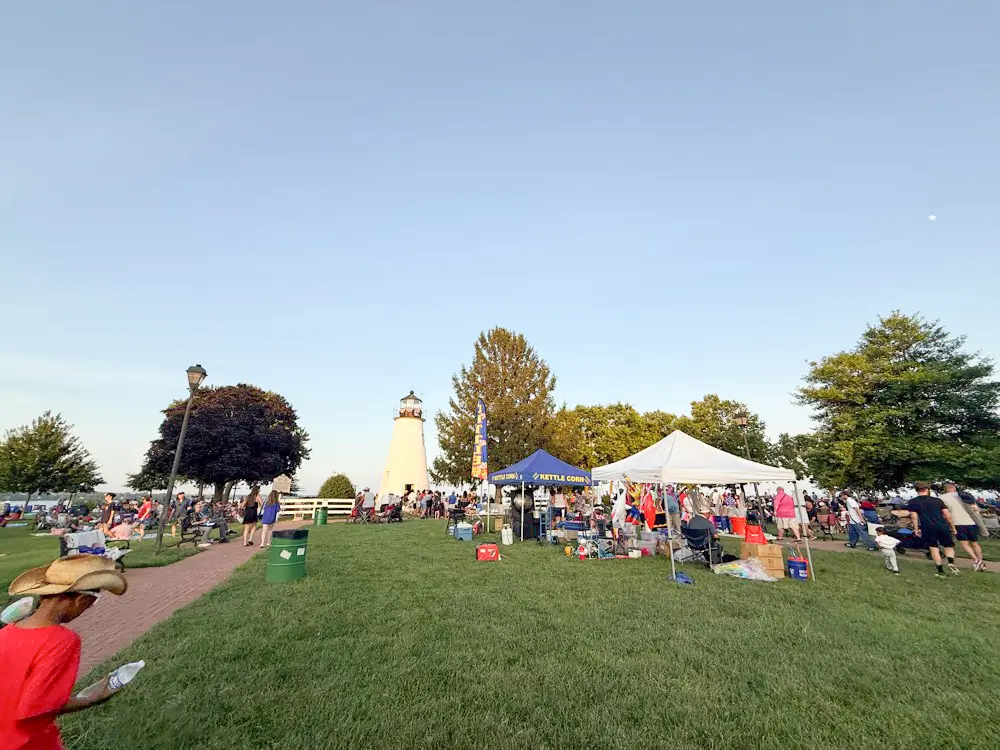What Recovery Treatment Can––and Should––Look Like
All of us in recovery went through some kind of treatment. Whether that was a 28-day program at a residential treatment center, an intensive outpatient program (IOP), a brief but necessary detox stay, or simply made the decision to walk into a 12-step meeting and never look back––our paths to recovery vary widely. No one-size fits all. What matters is that something worked. But sadly, not every path was paved with good intentions.
What Good Treatment Looks Like
Quality treatment centers––those that truly help save lives––recognize the human behind the disease. They meet individuals where they are, with respect, compassion, and evidence-based practices. These places don’t promise overnight miracles; they promise support, structure, and honest work.
In these programs, clients are given more than a bed and a list of rules. They receive individualized treatment plans, regular therapy with licensed professionals, peer support, life skills education, and integration with 12-step recovery groups. Good centers involve family in the process, recognize co-occurring mental health issues, and most importantly, empower the individual to participate in their own healing.
Fortunately, Harford County is home to a number of excellent treatment centers and programs that embrace this type of mission. They treat alcohol use disorder (AUD) and/or substance use disorder (SUD) as a disease––not a crime, not a moral failing, and not a business opportunity.
What Bad Treatment Looks Like
On the other hand, not all treatment is created equal––and not all “treatment” centers are motivated by your sobriety. Sadly, unscrupulous ones do exist Places where vulnerable people––desperate for help––are seen as $$$ signs.
These are the ones that overpromise and underdeliver. Buzz words like “cure” or “guaranteed success” make up much of their sales pitch. They often prioritize optics over outcome: professional looking premises, but no licensed therapists, no peer specialists. A beautiful brochure, but no aftercare plan. Some engage in “patient brokering”, a predatory practice where individuals are shuffled between centers for profit, not progress.
Others discharge patients after insurance runs out, with little to no follow-up. This often leaves people worse than when they arrived––feeling used, ashamed, and alone.
Some so-called “recovery programs” are nothing more than court-mandated loopholes––places more concerned with helping clients get out of a charge than into lasting recovery. These operations often work hand-in-hand with attorneys who specialize in defending DUI charges. The focus isn’t wellness––it’s about beating the system. In these cases, “treatment” becomes a legal strategy, not a life-saving intervention.
Many of these centers offer little more than Zoom group sessions, with no individual therapy, no clinical oversight, and no meaningful engagement. Participants may be shuffled in and out just long enough to satisfy a court requirement or check an insurance box. There’s no structure. No aftercare. No recovery community. And definitely no real accountability.
Some of these places never even use the word “sobriety”––because that was never the goal. The goal was keeping you out of jail, not helping you change your life. It is suspected that some of these unscrupulous centers, have monetary ties to not only individual attorneys, but also to some of the judges.
The following is an example of what goes on out there–
On June 24, 2025, the Federal Trade Commission (FTC) filed suit in the United States District Court For The District Of Maryland. The FTC’s suit is against businesses for allegedly impersonating SUD treatment centers on Google. The complaint asks for permanent injunction, civil penalty judgements, and other relief.
Summary Of The Case (in part)
2. The case challenges a deceptive scheme targeting an extremely vulnerable group of Americans: consumers seeking treatment for substance use disorders (“SUD”). The scheme has two phases – lead generation and telemarketing – and three primary groups of defendants:
To view the case, see Case 1:25-cv-02021-MJM Document 1 Filed 06/24/25.
We Want To Hear From You
Whether you’re thriving in recovery or still figuring it out, your story matters. We want to hear what worked––and what didn’t. Did you find healing in a program that truly saw you as a person? Or were you funneled into a system more interested in your DUI case and/or your insurance limits––than they were with your care?
Your experience can guide others to make informed choices and avoid places that exploit instead of uplift. Let’s shine a light on the good treatment that helps people rebuild their lives––and expose the bad actors that treat recovery like a business or a legal maneuver.
For every person who has found freedom, there’s another who’s still searching for it. Together, we can make sure they find the right door to walk through.

